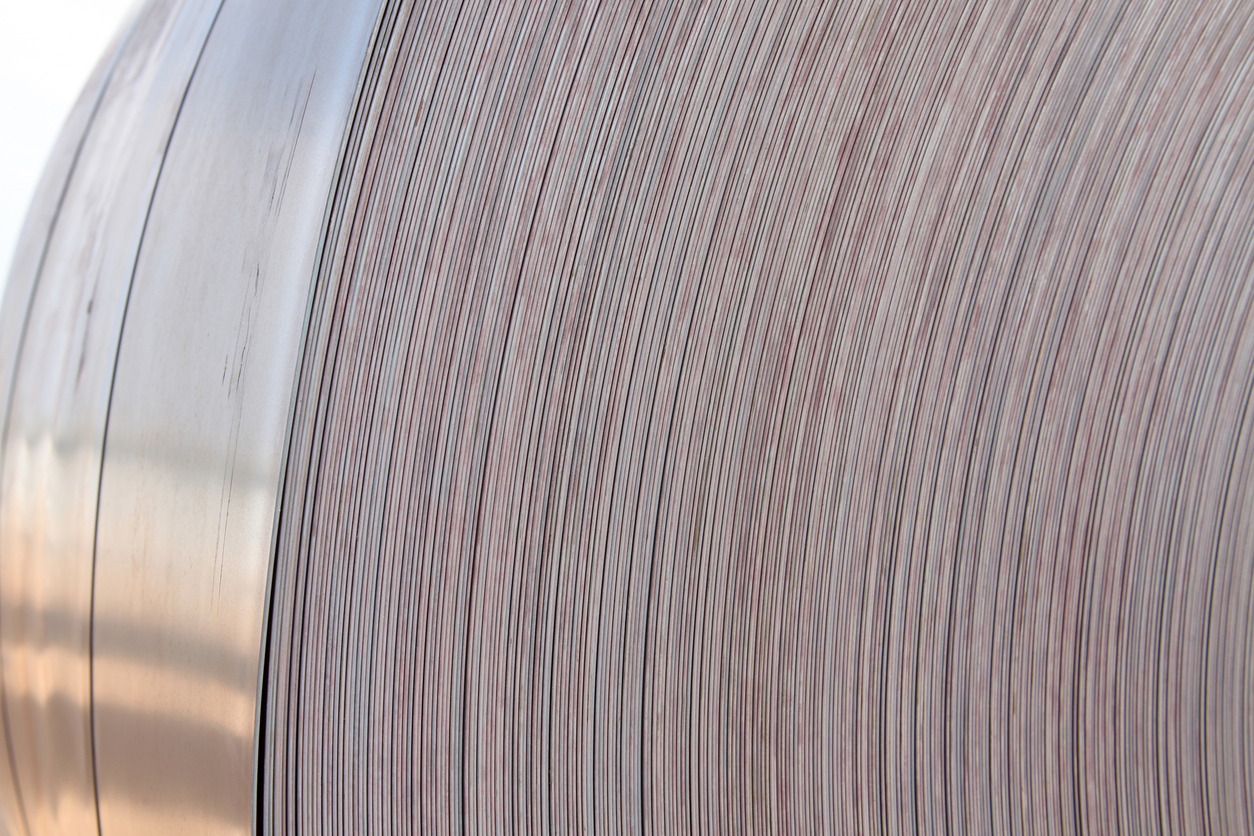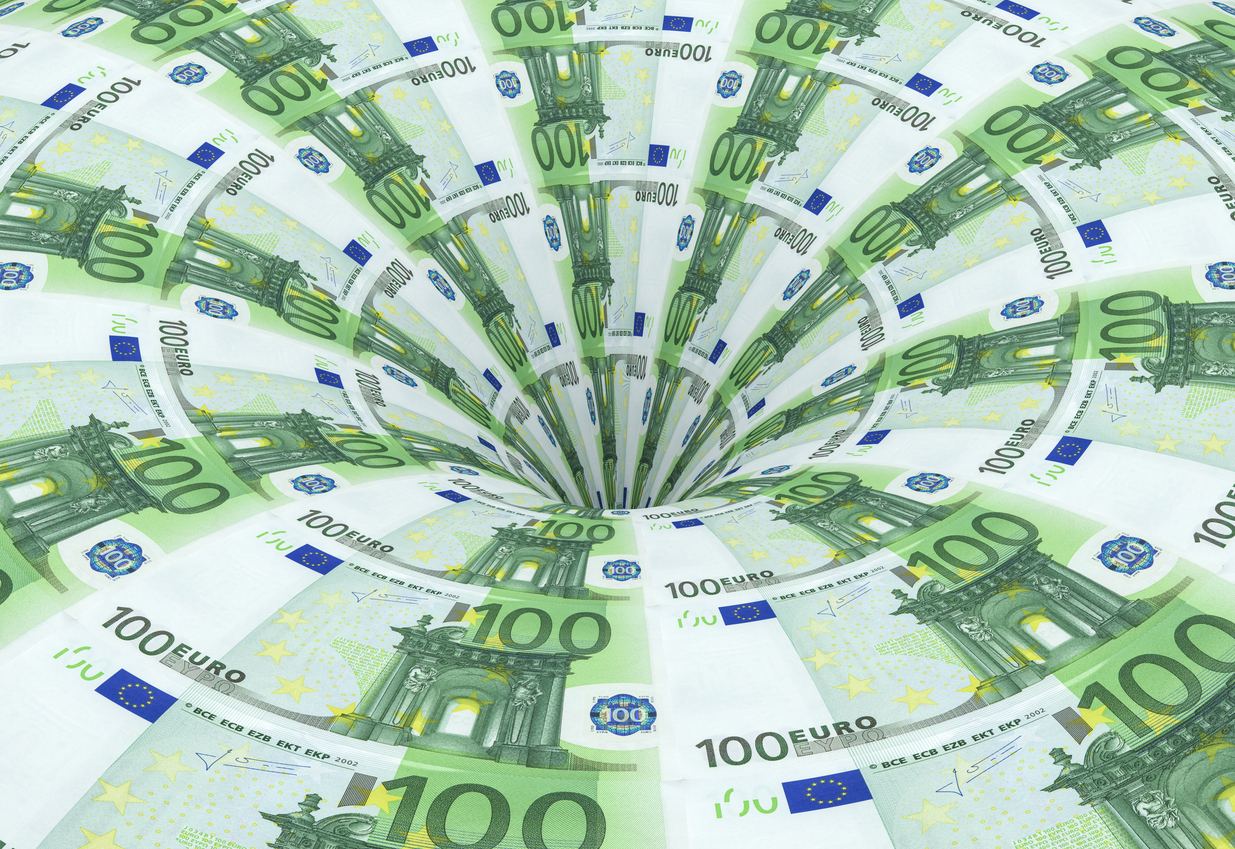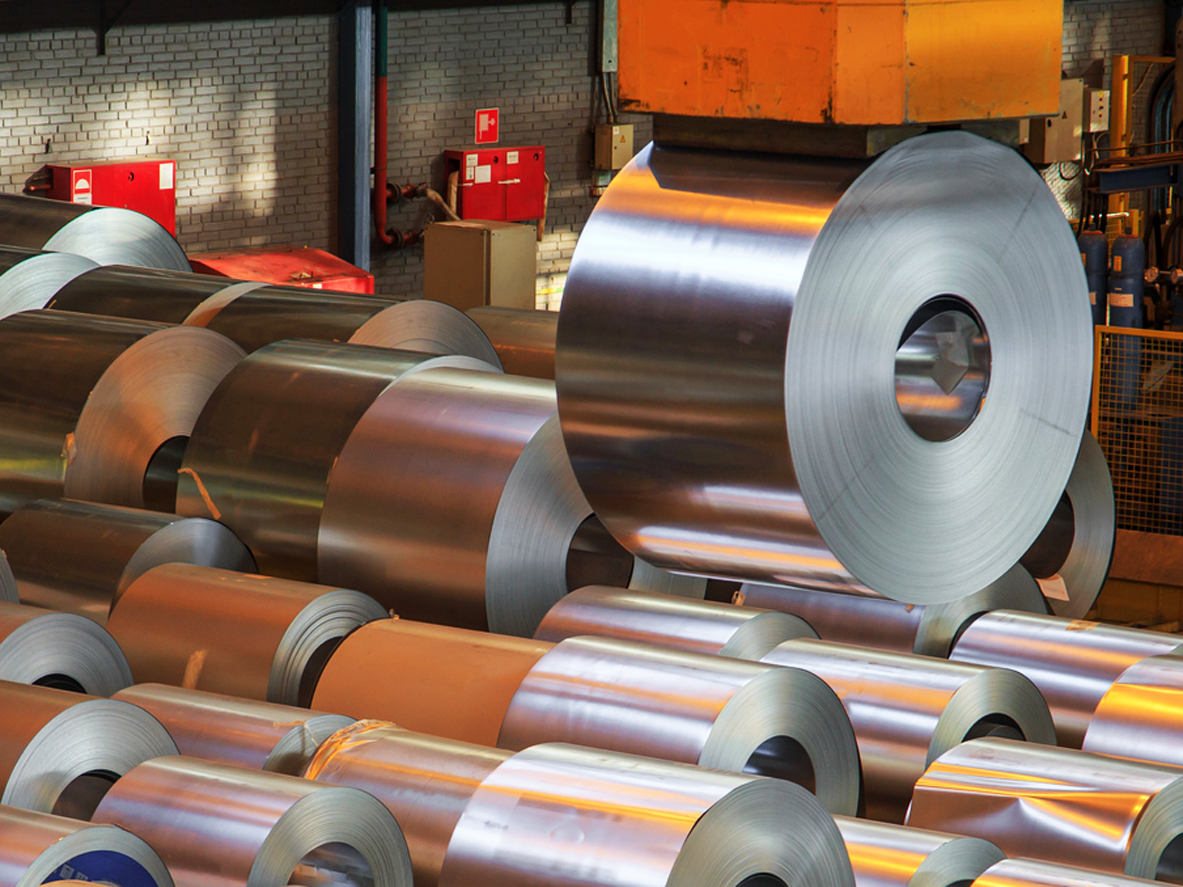
The Commission Implementing Regulation on circumvention of antidumping and countervailing duties on cold rolled stainless steel (SSCR) from Indonesia via Taiwan, Vietnam, and Turkey is just weeks away and most of it is positive. Yet EURANIMI and its members are sounding the alarm for European importers of steel, stainless steel, and aluminium. This investigation has far-reaching impact and marks the dawn of a dangerous new age for importers.
Uncertainty and Unpredictability
On March 5th, 2024, the European Commission issued its General Disclosures on the investigations into the alleged circumvention of antidumping and anti-subsidy duties on cold rolled stainless steel (SSCR) from Indonesia via Taiwan, Vietnam, and Turkey.
“The decision to uphold circumvention duties yet negate them at the same time by granting exemptions to virtually all cooperating producers, is a clear message by the European Commission. It confirms its commendable objective to punish any organisation found to be circumventing antidumping or countervailing measures whilst acknowledging those acting correctly. However, the content of the EC’s General Disclosure Documents opens the door to a new era of legal uncertainty and unpredictability for importers of steel, stainless steel, and aluminium and marks a very hazardous precedent,” warns EURANIMI.
Indeed, the devil is in the details.
By joining EURANIMI as a member, you can save yourself a lot of time, money, and worries.
Here’s why:
Wide Cooperation
These circumvention investigations were met with a lot of resistance right from the start. Not only did EURANIMI provide the European Commission with detailed evidence countering the claim, but virtually all exporting producers from Vietnam, Taiwan, and Turkey also chose to cooperate with investigators in a bid to disprove the circumvention claims.
It is exceedingly rare for so many producers to voluntarily cooperate as it means giving the EC full access to their order books. Even the slightest whiff of something suspicious and OLAF (the European Anti-Fraud Office) gets involved too. The fact that so many chose to cooperate with this investigation is testament to the producers’ confidence in not circumventing the antidumping and anti-subsidy measures imposed against Indonesia.
Mixed Feelings
While EURANIMI and its members are relieved that the EC has agreed to limit the potentially devastating impact of its decision by (partially or fully) exempting over 90% of the cooperating producers, we have serious concerns about the finer script of this case.
Specifically, we are concerned by the fact that the Commission has used the “assembly test” from the Basic Antidumping Regulation (see below) as the basis for their conclusions in the two circumvention investigations.
By distorting the meaning of the word ‘assembly’, the EC introduces de facto a “new” rule of origin which radically opposes the definition set out in the Union Customs Code.
Allow us to explain this important issue:
Identifying a Country of Origin
Under Art. 60.2 of the Union Customs Code (the prevailing rule for assessing origin when more than one country is involved in the manufacturing process), a new origin is conferred to products to“ the country or territory where they underwent their last, substantial, economically-justified processing or working, in an undertaking equipped for that purpose, resulting in the manufacture of a new product or representing an important stage of manufacture”.
This means the hot and/or cold rolling/forming process legally confers a new origin to the goods, as well as a new CN code. This rule applies in the case of any antidumping/anti-subsidy investigation and affects all metal products that undergo hot and/or cold forming.
So far, so good.
After all, the applicability of this UCC article in circumvention cases was confirmed by the Court of Justice of the EU in 2023 in a Binding Origin Decision on another circumvention case in which EURANIMI and its members were involved in 2023.
Extravagant Interpretation
REGULATION (EU) 2016/1036 of 8 June 2016 – also called the “Basic Antidumping Regulation” – is the regulation that addresses circumvention cases.
Article 13(2)b of this Regulation states that in the specific and exclusive case of an “assembly operation”, circumvention may occur if:
- 60% of the value of the assembled parts comes from a country covered by an antidumping measure, AND
- less than 25% of the value is added locally.
For this SSCR circumvention investigation, the EC relied on an overly broad interpretation of the term “assembly” and concluded that hot/cold rolling/forming is insufficient processing to warrant a new origin of the products.
Indeed, for unexplained reasons, the EC estimates that the term “assembly operation” also covers all those instances in which semi-finished inputs are further processed into a finished product and that reversibility should not be a precondition for a process to be considered as assembly.
Dangerous Precedent
By relying on two entirely different criteria to assess the origin of a product – first to establish injurious dumping and then to assess circumvention – the EC is opening Pandora’s box. Importers can no longer safely rely on the rule of origin applied in the case of an antidumping regulation, as this rule of origin is invalidated in the circumvention assessment.
More importantly, this new EC “assembly” interpretation is not limited to SSCR. It applies to all hot and cold formed products – sheets, tubes, bars and profiles, extrusions, etc. in steel, stainless steel and aluminium – thus placing any product affected by a (current or future) antidumping measure in the line of fire.
It also implies that an EU-mill could in theory also be found circumventing antidumping and/or countervailing measures if (some of) its pre-material (ingots, blooms, billets, or slabs) originates from a country subject to antidumping/countervailing duties.
Pros and Cons of this SSCR Investigation
By exempting virtually all genuine producers in the countries concerned, the Commission is resolutely combatting fraud committed by traders or local service centres engaged in transshipment or completion operations – slitting or cut-to-length operations – which do not legally alter the origin of the goods. EURANIMI fully supports the Commission in this action.
However, the arguments on which the EC’s General Disclosure Documents are based give the dangerous signal that the Commission, in circumvention cases, may no longer consider the origin of imported goods to be the place (known to all) where the rolling took place, but instead the (often unknown) country where the liquid metal was cast.
It is therefore essential that the EC clarifies its interpretation of the meaning and scope of “assembly operations” in its Commission Implementing Regulation that extends the AD duties. Importers and downstream operators need clarity and reassurance about how a country of origin is established.
Far-reaching Impact
After all, with every circumvention investigation, importers must endure nine months of uncertainty while the EC decides on the applicable rate of duty, with funds tied up in bank guarantees. Additionally, we cannot exclude that OLAF may instigate its own investigation, with all the retroactive consequences and criminal prosecutions that an investigation into ‘fraud’ can entail.
As the “assembly” rule is the main argument underpinning this circumvention investigation EURANIMI and its members resolutely submit that this interpretation – as currently understood by EU importers and downstream processors – must be invalidated as it completely undermines importers’ certainty as to the legal origin of products.
It’s clear the outcome of this investigation will have a far-reaching impact.
Help EURANIMI Prevent Market Chaos
We all need clear rules that are applied in a predictable manner. And with our submission of 12 March 2024, we seek to ensure that the EC does not introduce radically different criteria to determine origin in the context of anti-circumvention investigations.
The current investigations will be concluded by 11 May 2024 at the latest, when they will be published in the form of Commission Implementing Regulations. Should this harmful interpretation remain part of the text, it will be in the interest of all of us to take matters further.
By joining EURANIMI as a member, you can save a lot of money, time and worries!
Related Articles
Case Documents
Please log in as a member to consult all related case documents.



